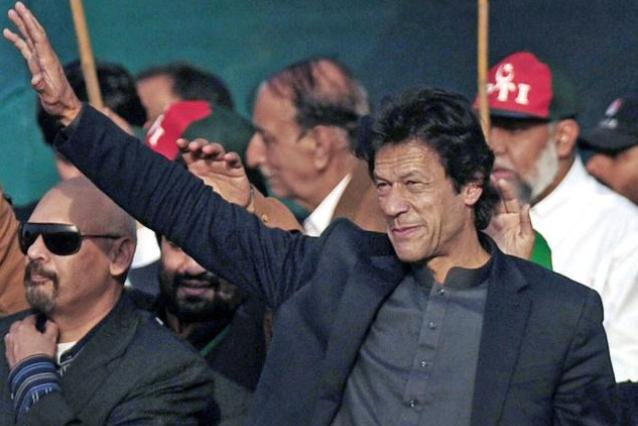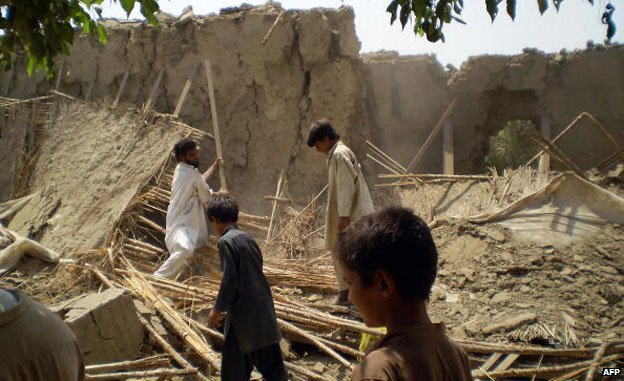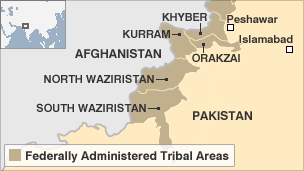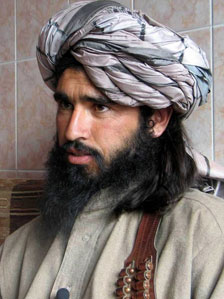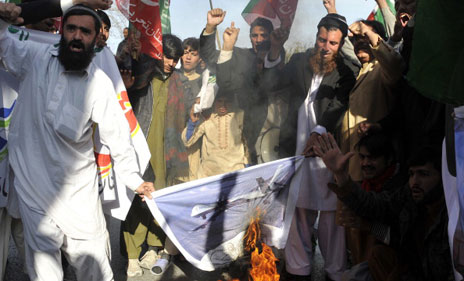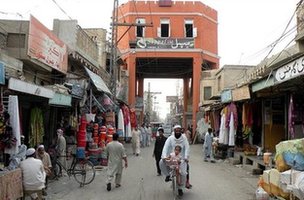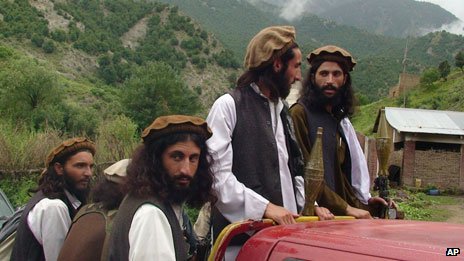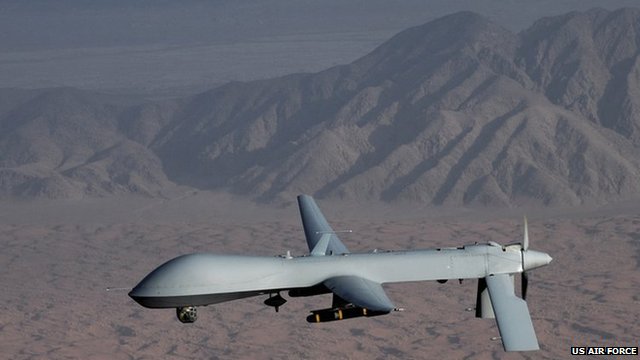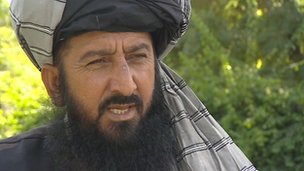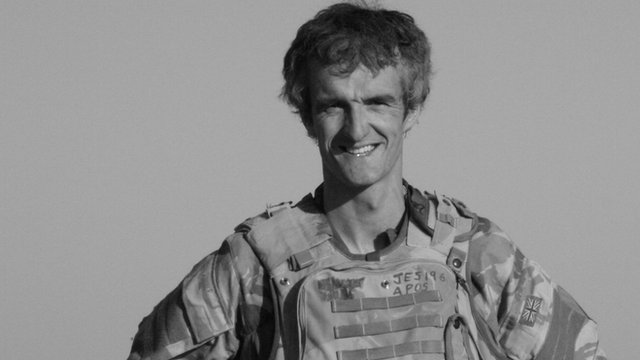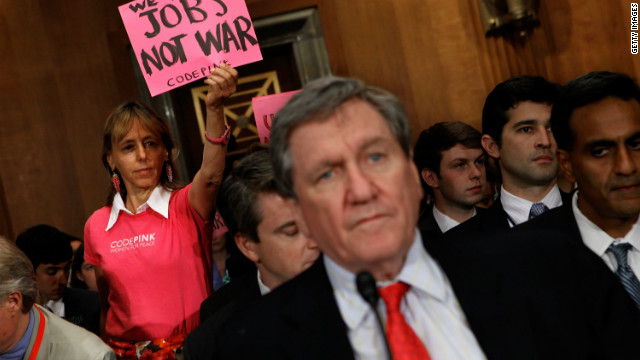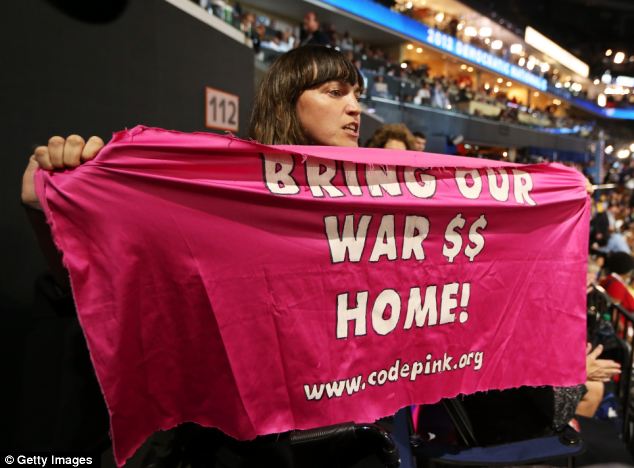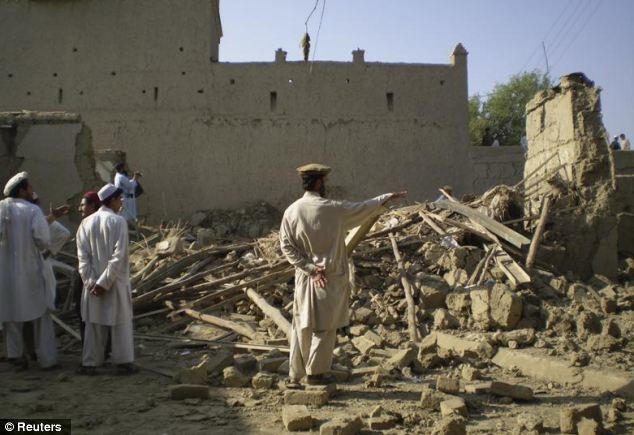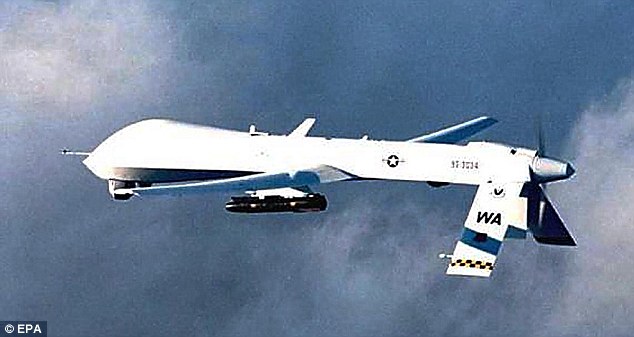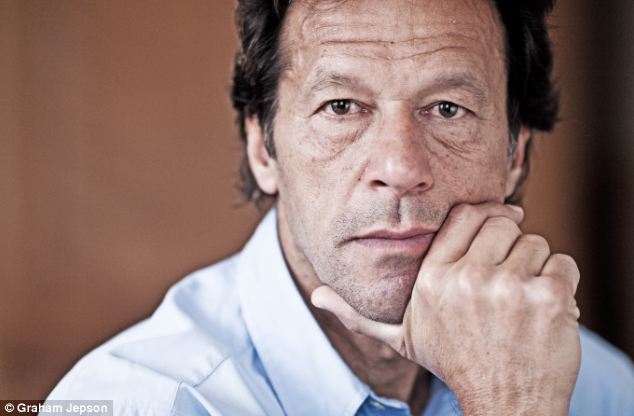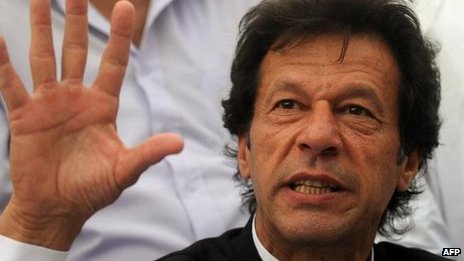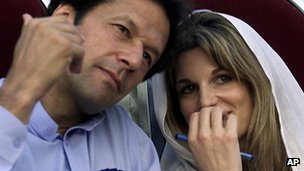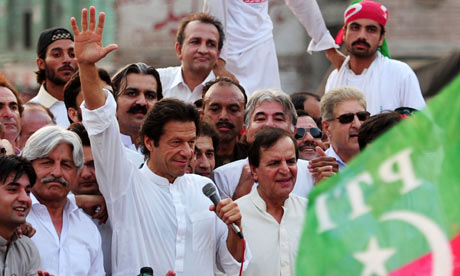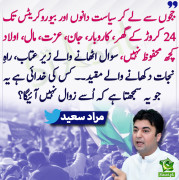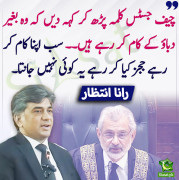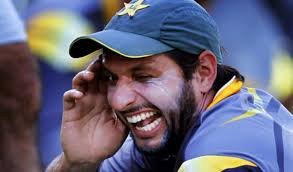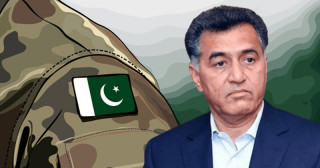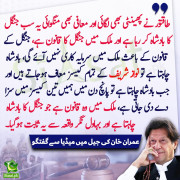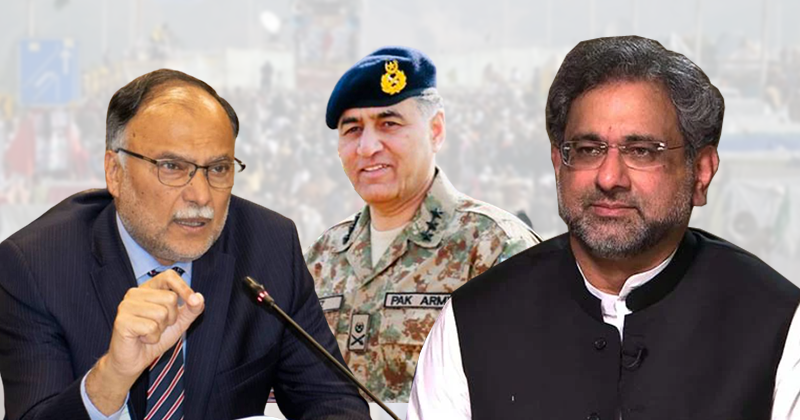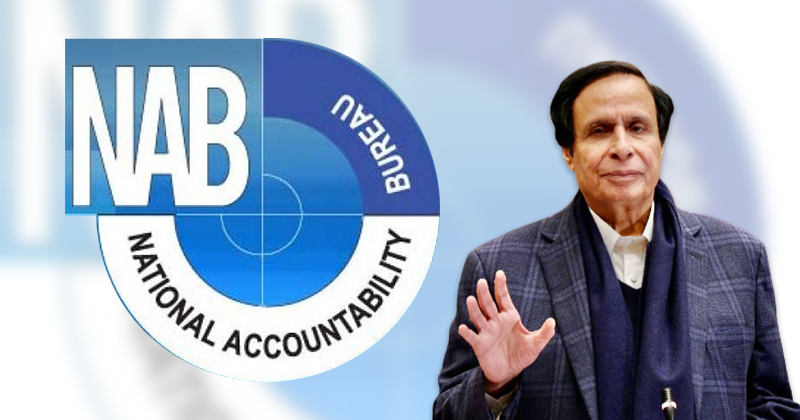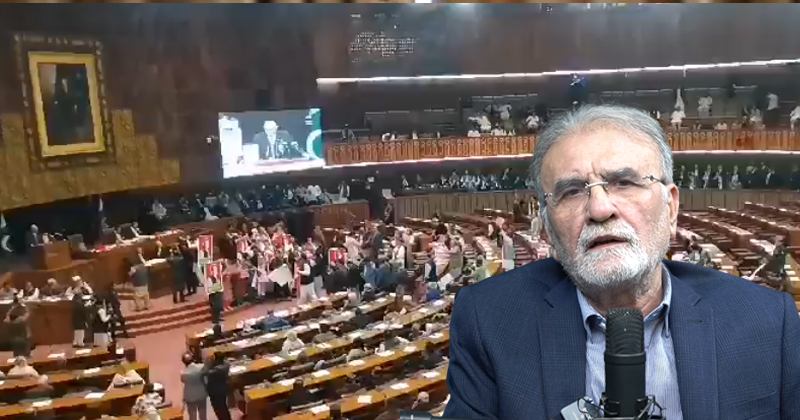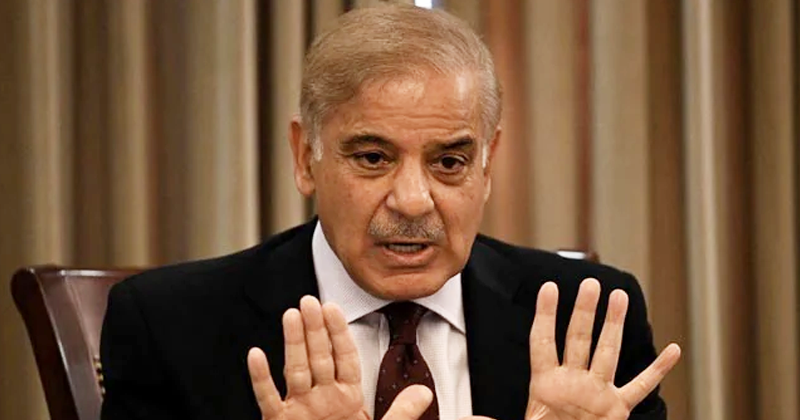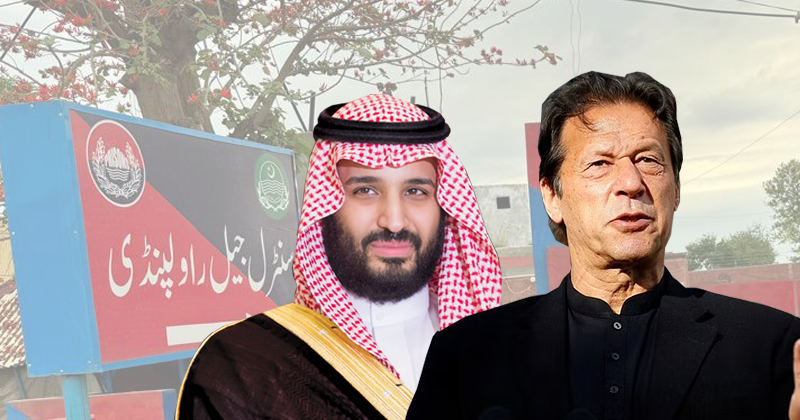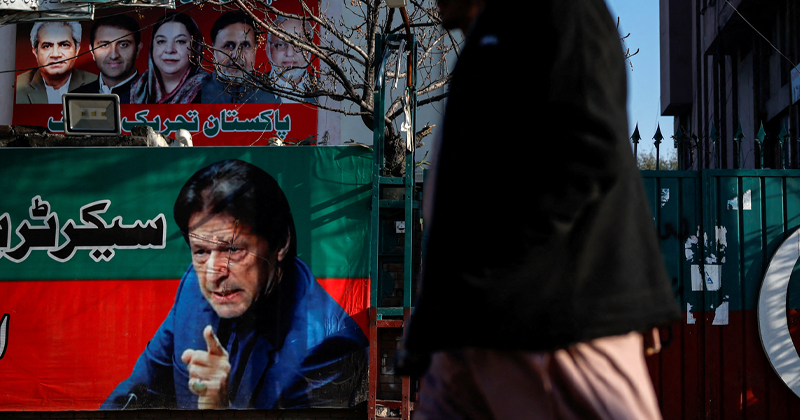More
[h=1]US drone war in Pakistan prompts fear and anger[/h] By Orla Guerin BBC News, Islamabad
Orla Guerin speaks to relatives of those who have been killed in drone strikes
[h=2]Related Stories[/h]
In Pakistan, former cricketer turned politician Imran Khan plans to lead a march to the tribal areas this weekend to protest against US Central Intelligence Agency (CIA) drone strikes. Under President Barack Obama there has been a six-fold increase in drone attacks. Almost 300 strikes have been carried out since he took office.
Ijaz Ahmed tends to stay at home these days, but even at home he feels afraid.
The softly spoken young man lives with the constant buzzing of CIA drones. In the Pakistani tribal region of North Waziristan, they hover overhead day and night.
And he knows only too well what they can do. A drone killed his uncle and six cousins in late January 2009. It was President Obama's first strike in Pakistan. It has been followed by nearly 300 more.
"When I got to the site, everything was destroyed," he said. "What happened was brutal. I remember how we used to sit together and chat, but now they are gone. Their children are orphans."
Karim Khan lost his son and his brother in a drone strike on New Year's Eve 2009
He insists the dead men were civilians, not militants.
Karim Khan, a Pakistani journalist, says the same about the loved ones he buried - his brother Asif Iqbal and his own son, Zainullah.
"He was one of the top in his class," said Karim, a robust figure in a black and grey checked Turban. "He loved cricket and he had lots of friends. He had already learned to recite the Quran. We wanted him to become a religion teacher."
But a drone killed the 16-year-old and his uncle on New Year's Eve 2009.
His father insists there were no militants in the house at the time. "Even if there had been," said Mr Khan, "would this be the way to go after them? Isn't this a violation of international law?"
He is trying to prove that point by bringing a wrongful death case against the CIA in the Pakistani courts.
Pakistan's government says drone strikes are illegal, counterproductive, and a violation of its sovereignty - but it does nothing to stop them. Officials here deny this amounts to tacit consent.
'Got you' The US government says drones are precision weapons which limit collateral damage. In a rare public comment on the drone programme in January this year, President Obama said the targets were "on an active list of terrorists".
"Too easy to kill": the life and death decisions of a drone operator
The remote-control killers are his weapons of choice - and not only in Pakistan - but some with first-hand experience say drones make it too easy to kill.
In September 2009, James Jeffrey had a life-or-death decision to make. The former captain in the British army was in Afghanistan, monitoring live pictures from a drone. His unit had been suffering heavy losses because of the Taliban's improvised explosive devices. So when he saw what looking like a man planting a roadside bomb he thought: "Got you."
As he was about to call in the strike, another figure approached.
"This individual who walked up was a lot larger, indicating that it was probably a child in the middle of the road, just playing," he said, "and so obviously at that point the engagement was totally called off. But it was an unsettling experience because I had come fairly close to engaging that target, which was a child."
Other children have fallen victim to the drones. More than 170 have been reported killed in Pakistan since the first drone strike here in 2004. Those numbers - like all drone casualty figures - cannot be independently confirmed.
[h=2][/h]
When I saw their bodies in pieces, my heart wanted revenge... it's all I want”
Mohammed Youssef
Researchers at the London-based Bureau of Investigative Journalists, who keep a detailed count of drone casualties, say the number of women and children reported killed has fallen sharply since 2010, indicating that the Obama administration is being more careful. But they say deaths of civilian males continue to be reported.
And when civilians are killed or injured the US rarely admits it, according to a study published recently by Stanford University and New York University. There is still no official acknowledgement that a drone strike on a tribal assembly last March killed about 45 people.
"Once people are dead, the US doesn't try to work out who was a civilian," one British researcher said.
'Price too high' Pakistani lawyer Shahzad Akbar wants to speak for the dead, the wounded and the bereaved. His coffee table is laden with twisted fragments of Hellfire missiles, fired from drones.
These are "murder weapons" he says, and he hopes they will eventually be used as evidence in court. Mr Akbar, who works with the UK legal charity Reprieve, has begun a dozen legal cases on behalf of Karim Khan and others like him.
Lawyer Shahzad Akbar is collecting fragments of drone missiles he hopes will be used in court
"These strikes are killing some bad guys as well but the price is too high," he said, holding a heavy chunk of jagged metal in his hands. "The price is a large number of civilian population which is being killed, and even a larger number which is terrorised."
As well causing terror in the tribal areas, the missiles are backfiring, according to Imran Khan. "I would go along with the bitter pill if it was working," he said. "Are they decreasing the number of militants? Are they winning the war? Everything is getting worse. There is more extremism in Pakistan than ever in our history."
US officials insist that the drones are helping to win the war against al-Qaeda. Critics here counter that they are increasing the ranks of the militants.
"We don't want to join them," said 24-year-old Mohammed Youssef, "but the drones are compelling us."
He lost two uncles and two cousins in a drone strike in North Waziristan in October 2008. "When I saw their bodies in pieces, my heart wanted revenge," he said. "I wanted to get the people responsible and finish them off the same way."
I asked if he still wanted revenge, four years on. "Even now it's in my heart," he replied. "It's all I want."
bbc